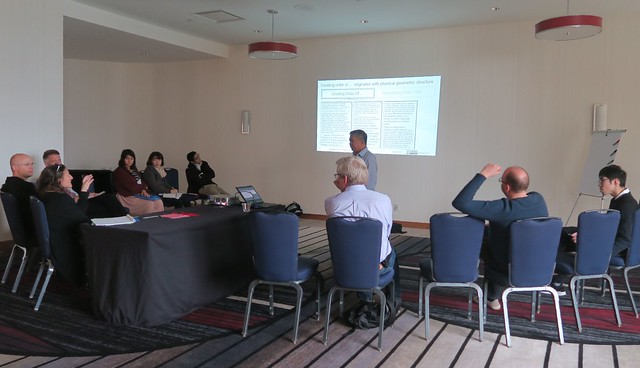With governance of online communications a problematique, the Systems Changes learning circle has actively been advancing our collaborations on the Open Learning Commons as an open platform, and the Digital Life Collective for semi-private communications. Complementing the Systems Community of Inquiry, this combination of technologies presents alternatives for Systems Thinking communities who are uncomfortable with the terms and conditions of commercial providers (e.g. Facebook, LinkedIn).
The systems sciences community was invited to participate in workshops at the ISSS 2019 Corvallis meeting in June.
The governance of the Open Learning Commons operates under Creative Commons licensing. The Digital Life Collective operates globally as a member-owned platform cooperative, incorporated under a UK jurisdiction.
Joining these online platforms may not be as convenient as having a commercial enterprise “take care” of communications amongst individuals. While I personally participate (and am named in groups of administrators) on most major social platforms involving systems thinking, my depth of involvement is consciously selective based on terms and conditions. On a Dec. 23 thread on The Ecology of Systems Thinking group on Facebook, I responded to some questions, and have permission to repost the exchange publicly.




